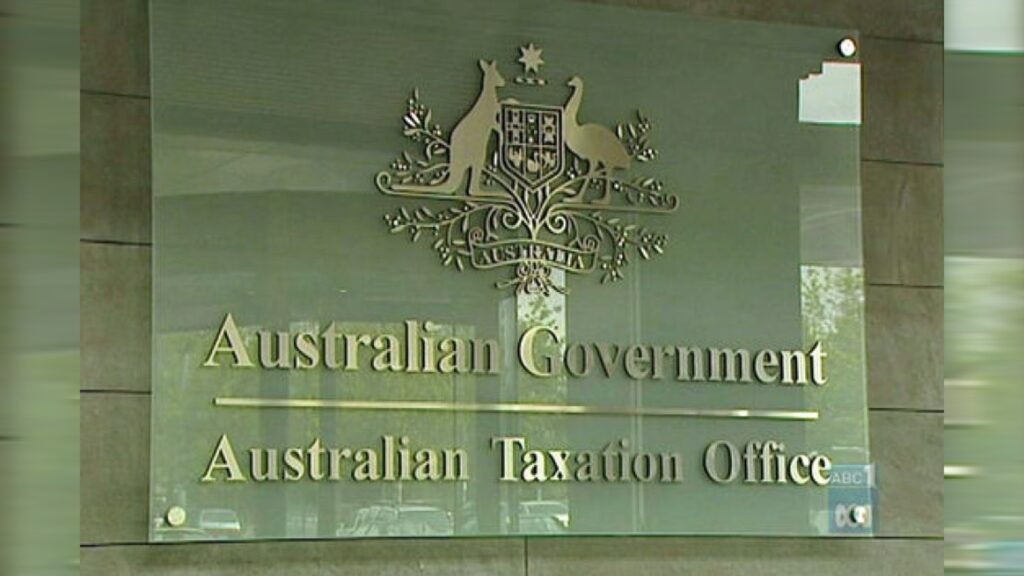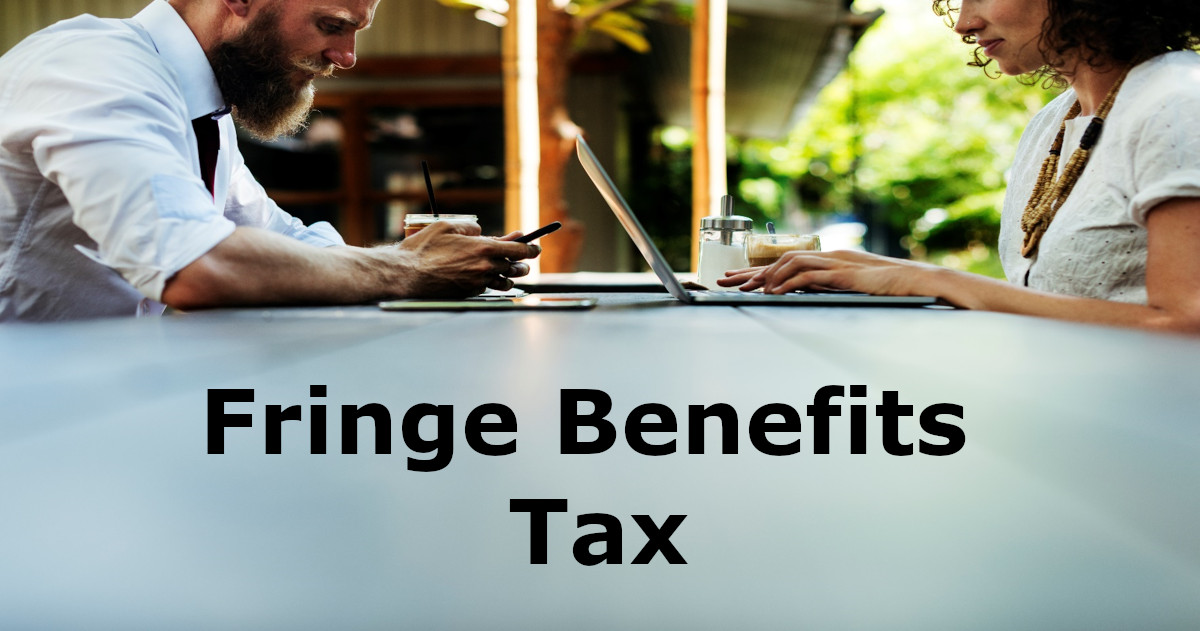
As we approach the final pages of 2023, it’s time for small business owners to engage in a meaningful review of the year gone by, celebrate victories, learn from experiences, and strategically adjust sails for a promising 2024. This blog post is your guide through the process of reviewing, reflecting, and revising specifically tailored for small businesses.
1. Sip, Reflect, and Review
Grab a cup of your favorite brew, find a quiet corner, and embark on a journey through the events and decisions that shaped your small business in 2023. Review the milestones, challenges, and growth points. Consider the goals you set at the start of the year and assess your progress. Make note of key observations to inform your reflections.
2. Celebrate Wins and Draw Insights from Challenges
Take a moment to revel in the victories, big and small, that your small business achieved. Equally, examine the challenges faced and draw insights from how your business navigated them. Reflecting on both successes and setbacks offers invaluable lessons that can guide your business strategy in the coming year.
3. Revise Goals with a Small Business Focus
Armed with insights from your reflections, tailor your goals for 2024 to the unique context of a small business. Consider the nimbleness required, the local market dynamics, and the personal touch that small businesses bring. Craft clear, achievable goals that align with your small business ethos and contribute to sustainable growth.
4. Fine-Tune Your Fiscal Approach
Extend your review to the financial side of your small business. Scrutinize your budget, expenses, and revenue sources. Identify areas where financial adjustments are necessary and set a revised budget for the upcoming year. For small businesses, prudent fiscal management is the bedrock of resilience and growth.
5. Bolster Small Business Resilience
Reflect on unforeseen challenges encountered in 2023 and strengthen your small business’s resilience. This may involve reviewing and updating insurance policies, fortifying contingency plans, and leveraging the agility inherent in small businesses to adapt swiftly to changing circumstances.
6. Embrace Tech for Small Business Success
Consider the role of technology in your small business during 2023. Evaluate how tech tools influenced your operations and customer interactions. Explore affordable and scalable technological solutions that can enhance efficiency, customer experiences, and the overall competitiveness of your small business in 2024.
As we close the chapter on 2023, this reflective review and strategic adjustment process will position your small business for continued success in the coming year. Celebrate your small business journey, learn from the twists and turns, and chart a course for a purposeful and prosperous 2024.









